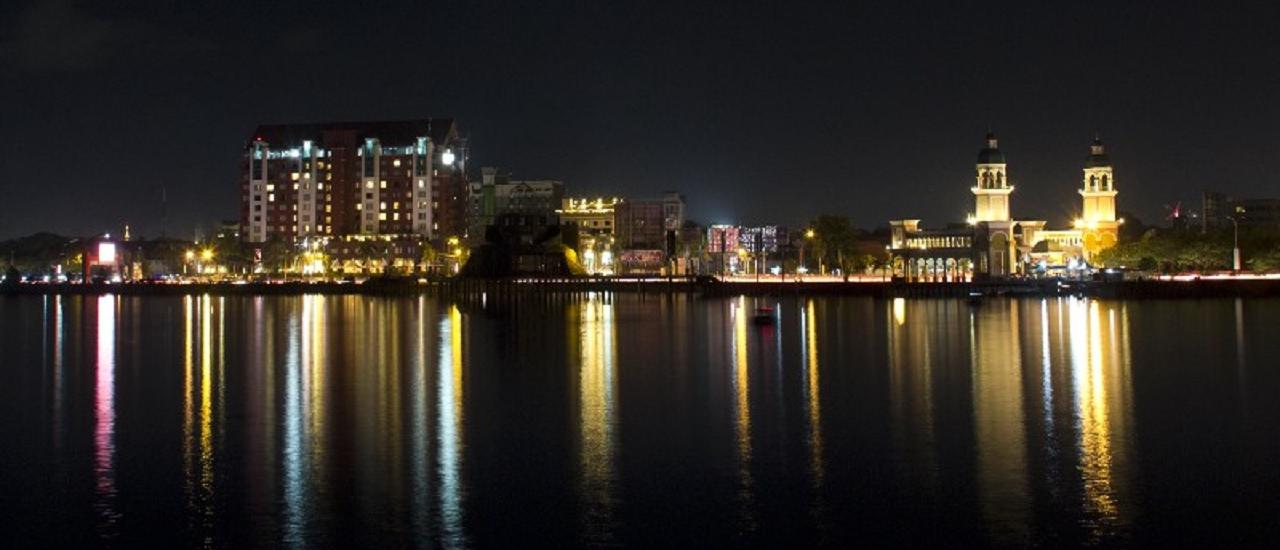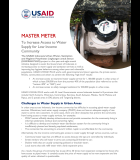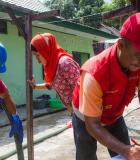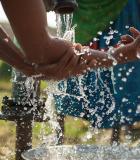"Wastewater should be managed well for a better quality of life,” said Vice Mayor Syamsul Rizal in August 2015, as his city, Makassar, the capital of South Sulawesi, became the first in Indonesia’s history to implement a regular septic tank cleaning service. Our city “should be at the forefront of good sanitation,” he asserted. “It is meaningless to have a nice house when the environment around us is smelly.”
Half of Indonesia’s population now lives in cities — double the percentage of just 30 years ago. This demographic transformation has severely strained sanitation services. To address this challenge, USAID Indonesia’s flagship water development initiative — the Indonesia Urban Water, Sanitation, and Hygiene (IUWASH) project — has been prioritizing improvements to urban water and sanitation service delivery since 2011.
The USAID IUWASH program behind Makassar’s historic milestone is the Regular De-sludging Service — a collaborative effort between USAID, the Government of Indonesia, and various municipal governments that has been laying the groundwork for improved urban sanitation since 2012. Inspired by the De-sludging Service’s success in Makassar, the city of Surakarta in central Java followed suit in October 2015, while other cities across Indonesia have shown an interest in introducing the service.






